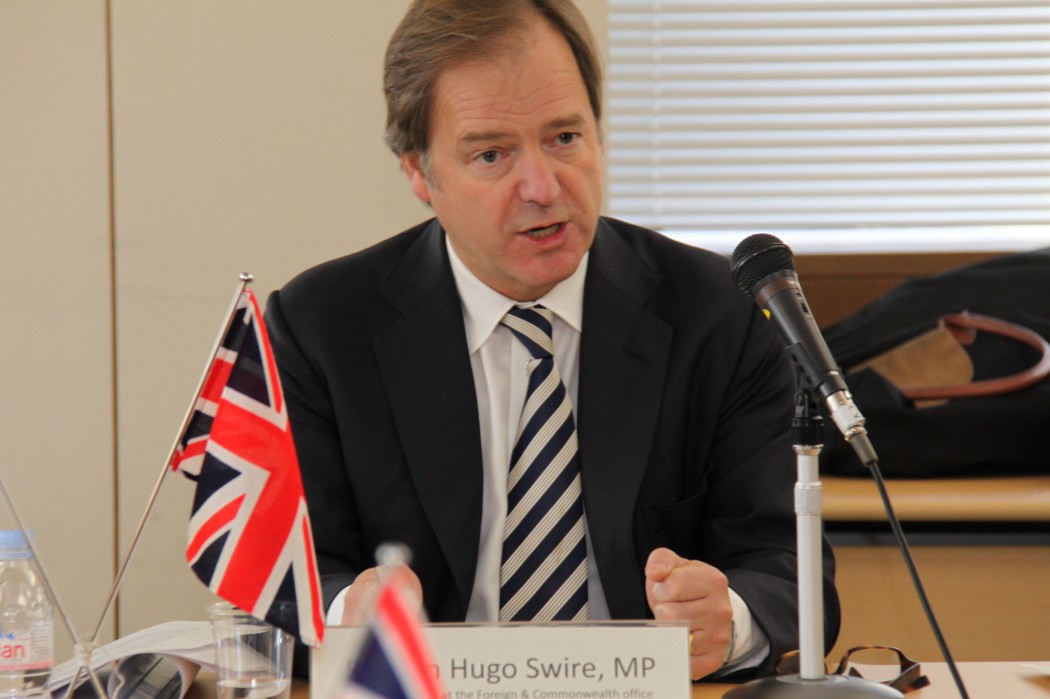The United Kingdom’s Foreign and Commonwealth Office has responded with “disappointment” in the aftermath of yesterday’s Legislative Council vote on electoral reform, making the following statement Thursday:
“The UK is disappointed by the outcome of this electoral reform process. We continue to believe that a transition to universal suffrage is the best way to guarantee Hong Kong’s stability and prosperity, and is in everyone’s interest. We hope that a constructive dialogue on future reforms can be established, reflecting the aspirations of the people of Hong Kong and in accordance with the Basic Law.”
.@foreignoffice disappointed at outcome, hope for constructive dialogue on future reform http://t.co/utIFRCYK6v @HugoSwire #HongKong
— Caroline Wilson (@CWilsonHongKong) June 18, 2015
Despite their expression of disappointment, however, the FCO’s admonishment was was directed at the entire “electoral reform process” rather than the result of yesterday’s Legislative Council vote, in which the chamber’s 28 pan-Democrats voted down Beijing’s electoral reform package.

The author of the statement, Minister for Foreign Affairs Hugo Swire, was snubbed by Hong Kong’s two top officials when he visited the territory earlier this year. In what some regarded as a deliberate diplomatic slight, both Chief Executive Leung Chun-ying and Chief Secretary Carrie Lam refused to meet with the minister when he concluded his Chinese tour in the former British colony.
The Consulate General of the United States, Hong Kong and Macau also issued a statement this morning, which steered clear of taking a position on the Legco vote but reiterated Washington’s support for universal suffrage. Whether or not the government-backed reforms embodied this principle is left unstated, but an allusion to the need for “a meaningful choice of candidates” to appear on the ballot could be read as a subtle criticism of the proposal presented to the legislature.
“We encourage the Hong Kong authorities, Central Government authorities, and Hong Kong people to continue to work together towards the goal of achieving universal suffrage in accordance with the Basic Law and the aspirations of the Hong Kong people.
As we have said previously, we believe the legitimacy of the Chief Executive would be greatly enhanced if the Chief Executive were selected through universal suffrage and if Hong Kong’s residents had a meaningful choice of candidates.
We greatly value our relationship with Hong Kong and have a deep and abiding interest in its stability and prosperity. Hong Kong’s open society, rule of law, and free market are based on principles that Americans and the people of Hong Kong share. Our long-standing policy will continue to be supportive of the high degree of autonomy reflected in Hong Kong’s Basic Law, and consistent with the 1984 Joint Declaration and the principle of ‘one country, two systems.’”
Speaking to Apple Daily, Hong Kong’s last colonial governor Chris Patten emphasized his own country’s responsibility in ensuring the realisation of universal suffrage in Hong Kong. Long critical of London’s acquiescence to Beijing and Britain’s previous statements of support for the 2017 reform plan, Patten accused Beijing of overturning the 1984 Sino-British Joint Declaration that guaranteed “a high degree of autonomy” for Hong Kong and cemented the principle of ‘one country, two systems’.
“What surprised me is how Chinese officials have denied Britain’s agreed upon right to participate in this process,” Patten said, asking, “How can this be called a Joint Declaration?”
Patten declined to take a position on the vote itself, on the grounds that it would only offer further ammunition to Chinese state media that accuse democrats of collusion with “foreign forces”. However, he said that he remains confident in the abilities of Hongkongers to continue striving for democracy.
